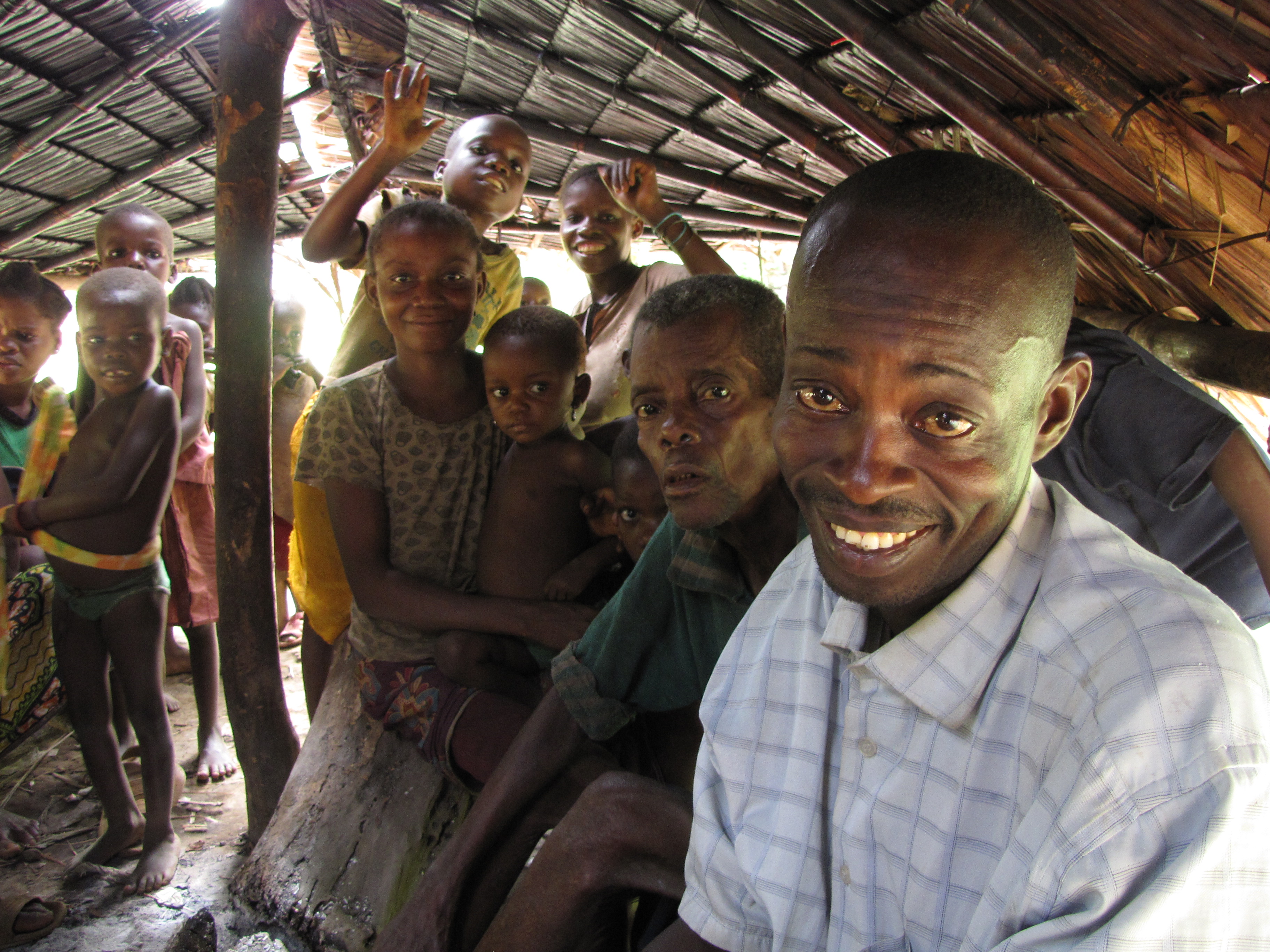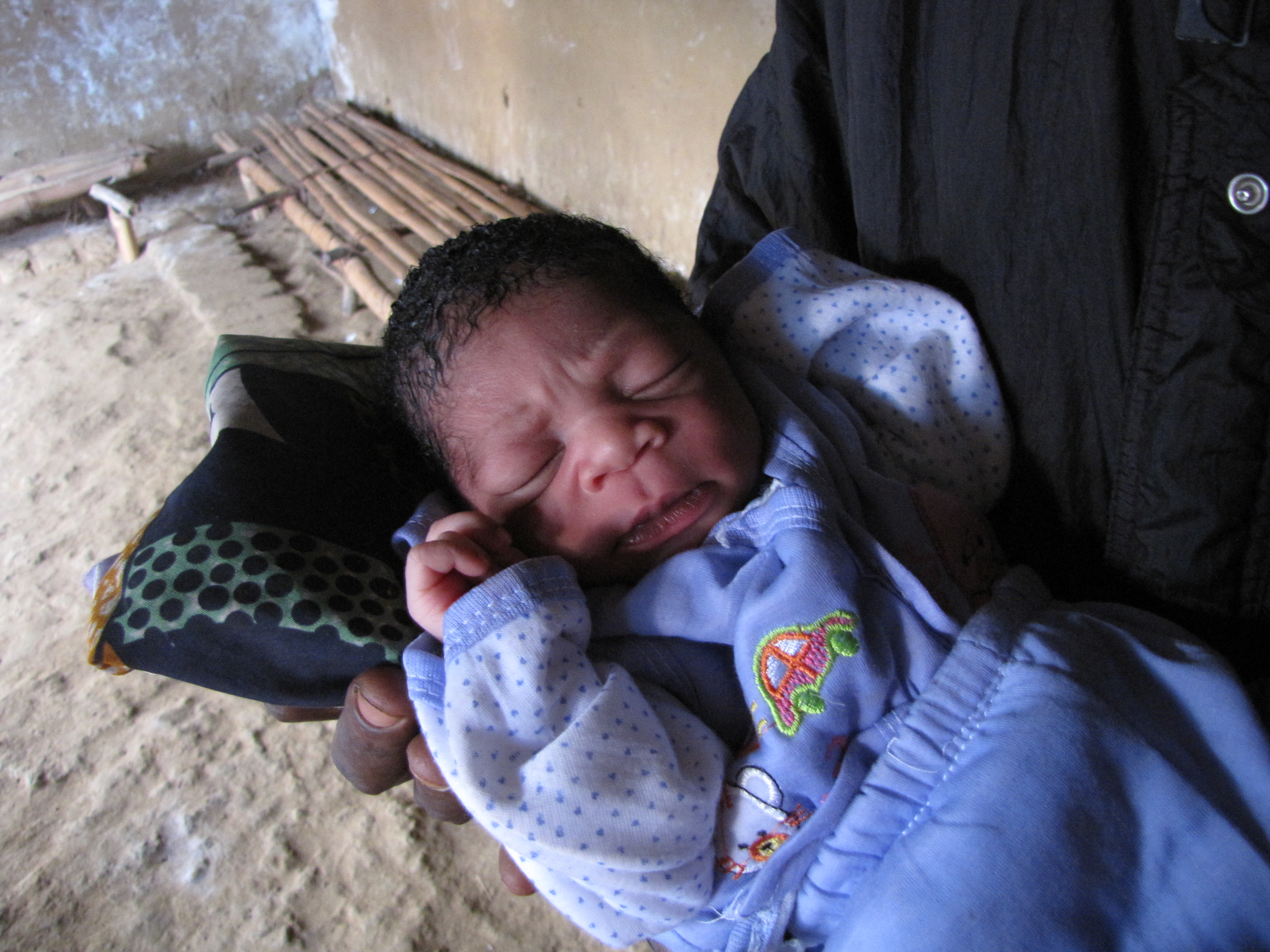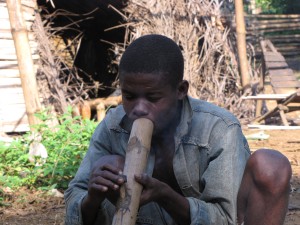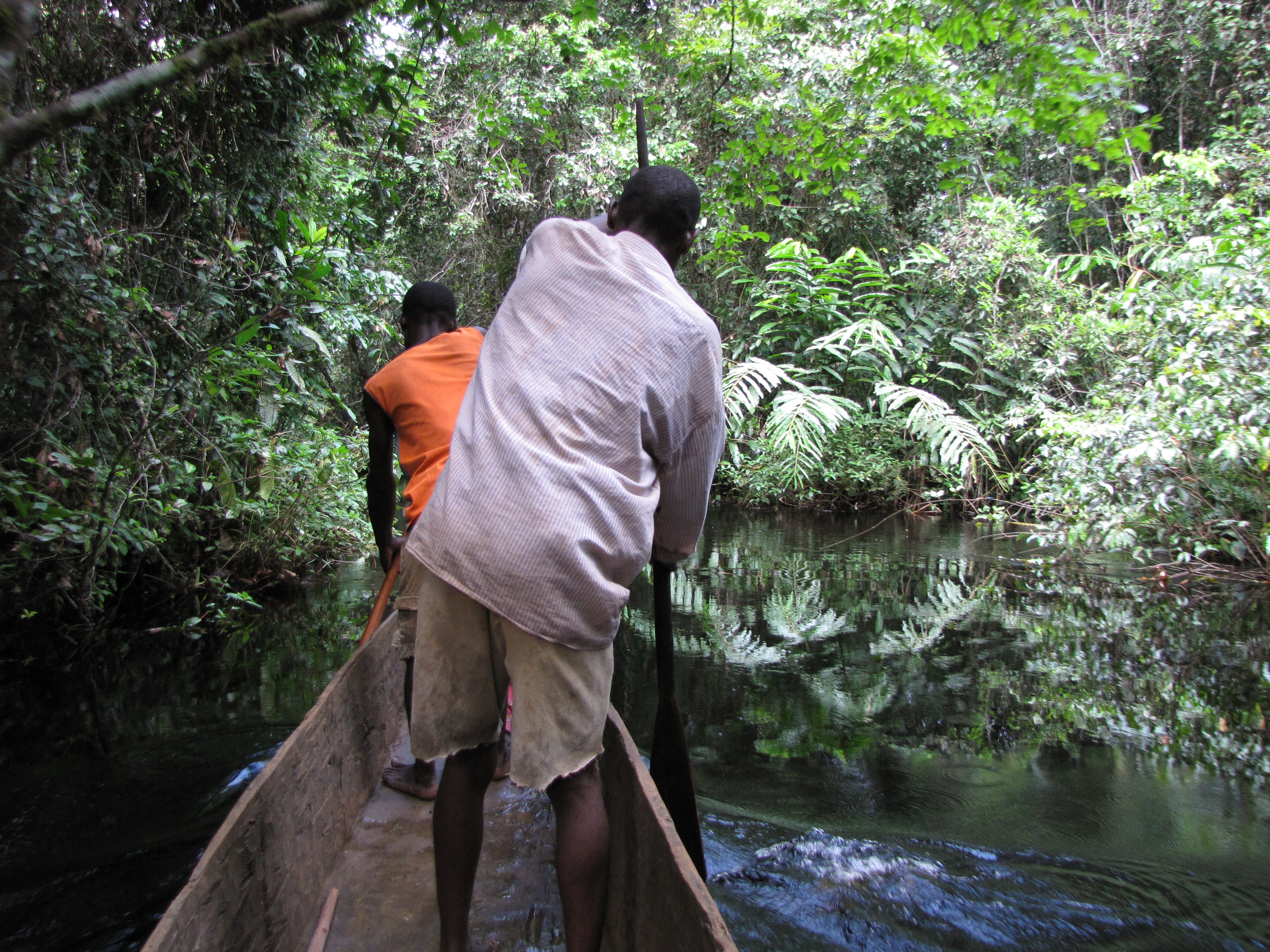Carol Ann Duffy, Jeanette Winterson, John Cooper Clark, Tony Warren, Willy Russell are just a few of the writers, along with a host of academics, who have signed an open letter to Manchester Library boss Neil MacInees, asking him to think again about what is being done to Central Library.
For eighteen months, the Library has been ploughing through its reference book stock, destroying, by its own admission, hundreds of thousands of books. No one serious outside the council accepts that the figures reported – perhaps as much as half a million books – is a simple process of weeding out old, damaged or duplicated stock, and yet this flimsy piece of nonsense is the only mantra the Councils seems able to utter. No fact, no figures, no catalogue – just argument and spin. Until the last few days, there wasn’t even any coherent policy made public, laying out the criteria used to sort books destined for destruction.
All the arguments can be settled amicably right now, if the library goes ahead and does what it should have done in the first place: engage in a full and proper public consultation about what it’s doing with its books; let us know how many, and if possible which books have already been destroyed; agree to publish a full list of what is going in the future. Finally, they need to get proper, trained subject specialists to take a full part in the process.
It would also help if we knew how much shelving was available for reference stock once the refurbishment is complete, just to make it clear that the process is a qualitative one, not quantitative.
That’s no more than any professional library would be expected to do – let alone one with the international standing that Manchester enjoys.
Meanwhile, just look at this letter and the list of names signing it. If this lot asked me for something, I’d be inclined to sit up and take notice. How about it, Mr MacInnes?
And an article in the Guardian about the letter here.









